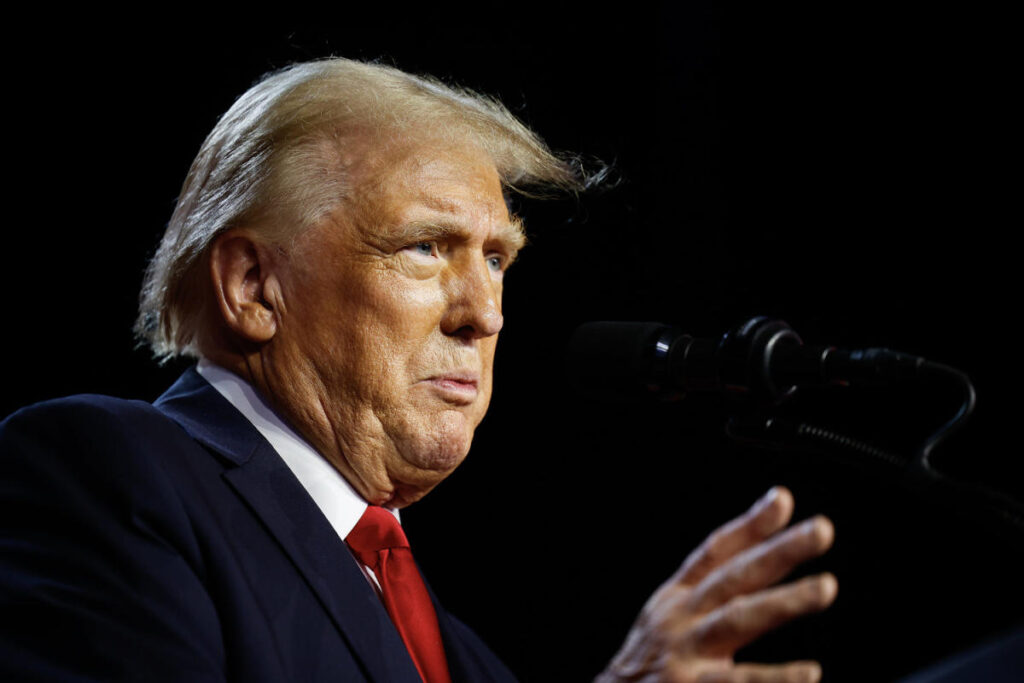After a protracted delay, President-elect Donald Trump’s transition team has formalized a memorandum of understanding with the Biden White House, enabling coordination with federal agencies crucial for the incoming administration. White House Chief of Staff Susie Wiles heralded the signing as a significant step, describing it as a necessary foundation for the transition process. With the Cabinet selection phase concluded, the next steps towards a smooth transition can commence, aligning with established protocols. This agreement is vital for allowing the incoming administration access to necessary federal resources, including personnel and documentation that are essential for a seamless initiation of governance.
The transition team had previously missed multiple deadlines for signing related agreements, heightening scrutiny from various stakeholders. Trump’s approach drew criticism from former government officials, ethics advocates, and congressional members, particularly regarding the delay in formalizing the requisite memoranda. Representative Jamie Raskin, the lead Democrat on the House Oversight Committee, expressed concerns about the implications of Trump’s tardiness for a peaceful transfer of power. Raskin noted that Trump’s failure to sign the agreements broke with a notable precedent followed by previous presidential candidates, raising alarms about the potential disruption to a traditional smooth transition.
Despite the missed agreements, the Trump team maintained that they preferred to operate as a “self-sufficient organization,” foregoing additional support from the General Services Administration (GSA). White House spokesperson Saloni Sharma commented on the situation, indicating that attempts were made multiple times by the GSA and the White House to encourage Trump’s team to sign the necessary documents. The White House reiterated that their priority remains ensuring a responsible and effective transition in the best interest of the American populace. While unhappy with Trump’s decisions, officials pledged to adhere to the guidelines established by the Presidential Transition Act to mitigate any potential disruptions during this critical process.
One of the stipulations included in the memorandum with the Biden White House is that Trump’s team must publicly disclose their ethics plan on the GSA website, a requirement reflective of steps to ensure transparency and accountability within the transition framework. This ethics plan, uploaded on the evening following the agreement’s signing, outlines commitments to avoid conflicts of interest and safeguard classified information. Adhering to these protocols is aimed at reinforcing public trust in the governance processes being initiated by the incoming administration amid a politically charged environment.
In addition to the agreement with the White House, Trump’s transition team has yet to finalize an agreement with the Department of Justice, a document which would facilitate background checks for Cabinet nominees. This aspect has emerged as a contentious point, drawing scrutiny amidst ongoing discussions about the composition of Trump’s Cabinet. The Justice Department and the Trump team have yet to provide comments regarding the status of this particular agreement, further illustrating the challenges inherent in the current transition climate.
Overall, the signing of the memorandum of understanding signifies a pivotal moment in bolstering the preparations for Trump’s administration amidst prior uncertainties. While the transition has faced hurdles related to timeliness and compliance with traditional norms, the commitments outlined in the memorandum and anticipated cooperation underscore a desire for stability during the critical transition period. As each side navigates the complexities of this transfer of power, adherence to established protocols will be crucial in ensuring that the American people’s interests remain at the forefront of this governmental change.

